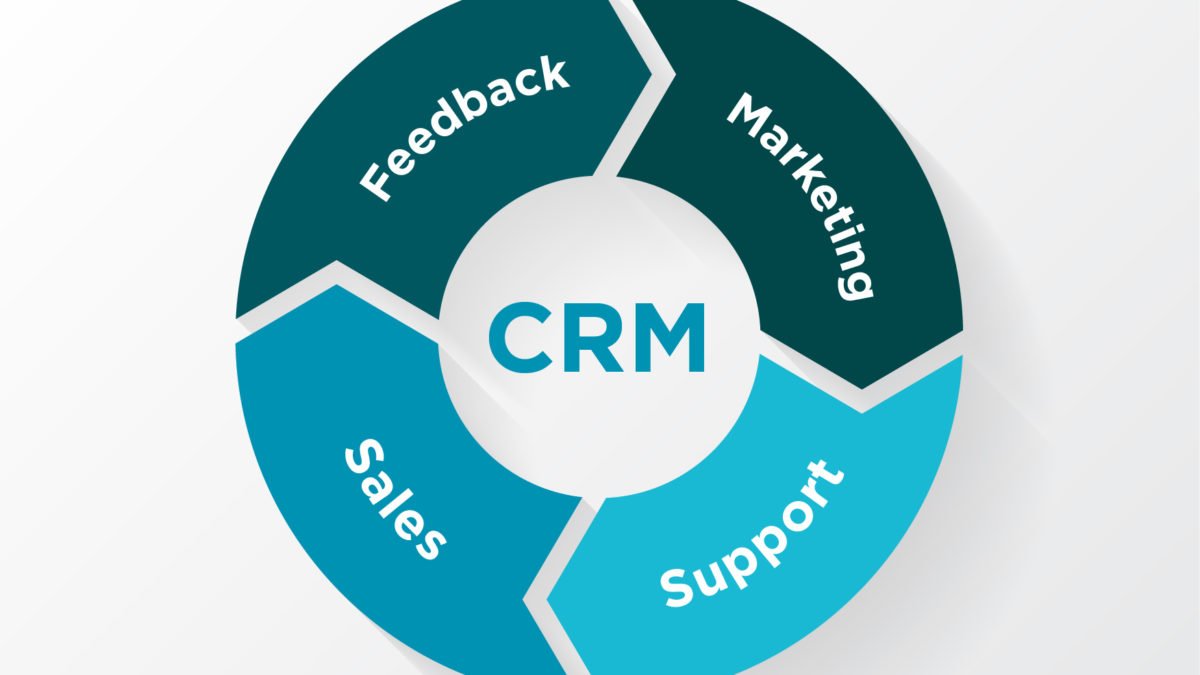A channel partner loyalty program is an integral part of a company’s growth strategy and an essential marketing pillars. In business terms, loyalty is a key element which increases customer loyalty and improves customer retention. Channel partner loyalty is focused on transforming the relationship between your company and its channel partners from a strictly transactional one to an emotional tie. Today’s modern business environment is quite different from yesteryears where customers were once confined to local stores to buying only from manufacturers located in their area. They used to discuss their needs and requirements over the telephone and set appointments for face-to-face meetings. With the advent of the internet, channels no longer function solely as distribution and retail outlets; they have now become integral parts of the whole sales process.
The first step in a successful channel partner loyalty program is the implementation of an incentive system for your associates. This is a great way to reward them for doing a good job. It is also a great way to motivate them for pursuing their career goals. Rewards can come in the form of cash, gifts, discounts on various services or even travel opportunities.
Incentive reward programs are widely used in all kinds of industries and channel partner loyalty programs are no exception. There are several types of incentive programs available, ranging from monetary to intangible. Monetary incentive programs usually include bonuses, frequent buyer recognition program and the product buyer recognition program. Intangible rewards are the kind that can be given by using a company car or travel opportunities on company trips or vacations. A wide variety of such rewards program exists and can be customized to suit any specific industry or channel partners.
People tend to evaluate short-term benefits more than long-term ones. This is why rewarding employees on a regular basis is often recommended. For instance, if they are consistently meeting sales targets then you should probably offer them bonuses. They will be motivated to work harder to meet such targets. Employees working towards achieving long-term goals will appreciate not only the financial rewards but also the motivation to do even more to achieve them.
There are various types of channel partner loyalty programs that target B2B industries. The most popular programs are those that target B2B marketplaces such as Easyrewardz, Booz and Oracle. These companies have established a good name in most B2B industries and have a good reputation. It is therefore natural for them to be rewarded by offering them attractive rewards programs. Incentive gifts such as laptops, mobiles and other electronic gadgets will be appreciated by these B2B partners and this will help them remain loyal to your company.
Apart from traditional incentive schemes, some companies introduce new channels of incentives to lure new partners. One such channel of incentives is the engagement reward. Engagement rewards are given to partners who bring new partners into the company. Incentives granted on the basis of a percent of the sales brought by such new partners can be very useful. Such incentives are usually awarded to people who prove to be very effective in generating new partners for the company.
A b2b loyalty program designed for retail outlets will reward retail partners based on their contribution to the growth of sales in a particular month. A retail outlet will do well to recruit and retain its existing retail partners. When a retail outlet has an increase in its sales, it becomes more profitable and is able to afford to pay more salaries to its retail partners. This is one of the easiest and cheapest ways to create a positive effect in the sales volume. Rewards offered to retail partners for bringing new partners into the company will be very helpful to the increase in sales volume.
Also Read- Customer Review System
When a company wants to reward its existing and new retail partners, an indirect way of doing so is through a loyalty incentive program. One such incentive program involves giving retail partners a percentage of the increase in sales made by their partners. When the company increases its prices, it can easily make up for the increased cost of production by using this kind of indirect sales boost. Direct sales incentives programs are therefore very useful in encouraging more partners to join the company.
Related posts
Subscribe Now
* You will receive the latest news and updates on your favorite celebrities!
Meet the Author

Gillion is a multi-concept WordPress theme that lets you create blog, magazine, news, review websites. With clean and functional design and lots of useful features theme will deliver amazing user experience to your clients and readers.
Learn moreHOT TOPICS
Categories
- Animals (6)
- Business (576)
- Cooking (3)
- Design (17)
- Education (59)
- Entertainment (62)
- Fashion (38)
- FASHION (89)
- Featured (19)
- FOOD (42)
- Guide (55)
- Health (290)
- HOME (181)
- Interior (14)
- Life (8)
- Lifestyle (111)
- Motivation (6)
- News (47)
- People (4)
- Photography (5)
- Review (4)
- Style (4)
- TECH (176)
- Travel (107)
- Uncategorized (1,171)



Stay connected